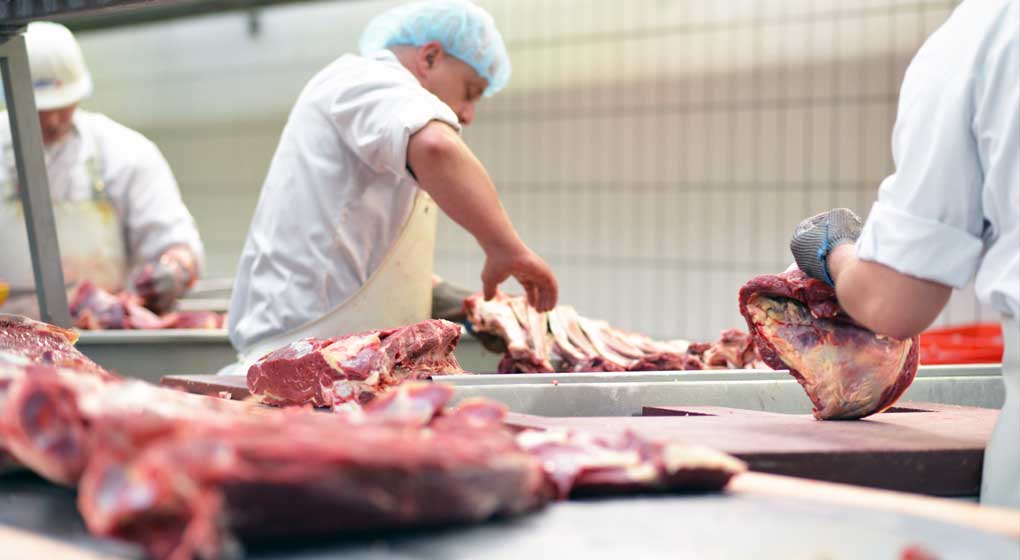White Paper calls for more reviews on labour shortage when what’s needed is action
Reading the Government’s new Food Strategy White Paper, it’s clear that they’ve recognised how important and integral food producers and manufacturers are to the UK’s food security, its natural environment and the health of its citizens.
Britain’s food security relies heavily on having a geographically spread workforce of people with the right skills to keep the food supply chain moving. But the sector is currently experiencing a critical labour shortage, which has been worsening over time and has been well documented.
The white paper announces two more reviews to assess food sector workforce issues. But much of what will be uncovered will be the same information as in previous reviews, with the added problem that even more UK workers have chosen to step away from the jobs market since the pandemic. We already have enough evidence to demonstrate that immigration policy must change to enable the food sector to source the workers it needs. This is particularly important for those parts of the food industry that appeal the least to British workers and for which the seasonal worker visas are not suitable.
While the white paper contains many good ambitions and visions for the future, there is very little in the way of explanation of just how these will be achieved. Instead, the strategy is packed with announcements of various calls for evidence, enquiries, consultations and future trials, which will inevitably result in delays to implementation. Some of these delays we think are justified, for example, much more scientific evidence is still needed before eco-labelling can be properly implemented. But there should be no delay in fixing the labour shortage.
On the subject of livestock farming and meat consumption, we’ve been encouraged to hear the reassurances George Eustice gave to the Environment & Climate Change Committee that, rather than lecturing people about eating or not eating meat, Government prefers to look to new technologies and innovation that will enable us to continue to produce healthy, sustainable meat, reflecting, as he put it, a “proper appreciation of the more holistic role of livestock in the farmed landscape and the environment.”






